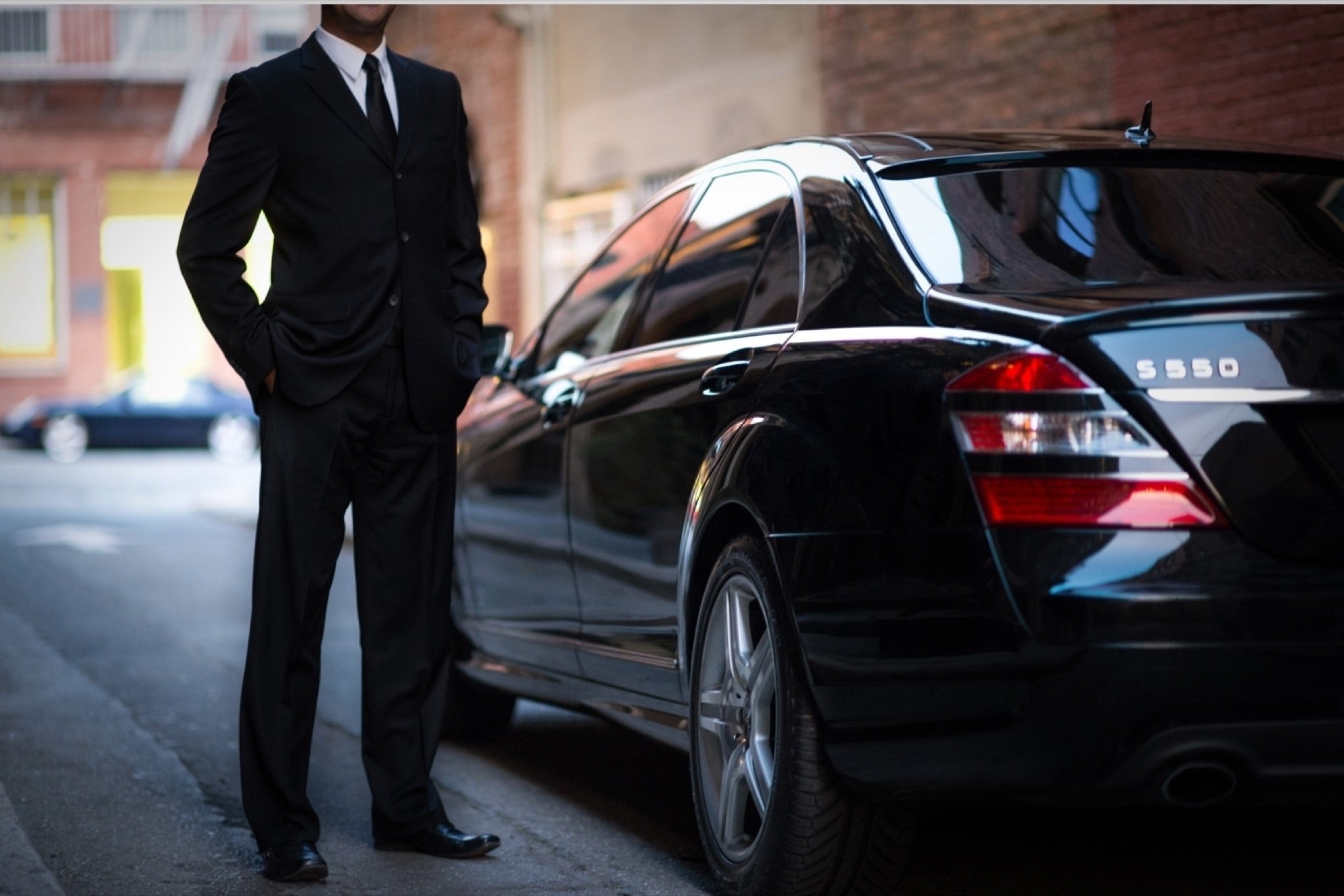Why Uber Makes Us Uneasy Violence and robberies occur in cabs, too, but the personal aspect of the sharing economy makes these occurrences even more unsettling when Uber drivers are involved.
By Laura Entis
Opinions expressed by Entrepreneur contributors are their own.

The sharing economy has made life more convenient, more seamless and in many cases more social and fun. Ridesharing companies let us hail cars from our smartphones, while room rental startups such as Airbnb let us stay at locals' residences the world over.
Of course, as with anything that involves lots of people, there's a sad and scary element to this equation. Uber drivers have sexually assaulted riders, while riders have viciously beat up drivers. Airbnb hosts have robbed guests, and guests have racked up thousands of dollars in apartment damages.
Over the weekend, the underbelly of humanity at its most tragic and terrifying was, once again, on full display. Saturday evening, Uber driver Jason Brian Dalton allegedly went on a shooting rampage in Kalamazoo, Mich. He killed six people at multiple locations, reportedly picking up riders in between spurts of violence.
Dalton passed Uber's background check, which the company conducts on all its drivers. While the rigorousness and effectiveness of Uber's process has been criticized -- drivers with criminal records, some with felony convictions, have been approved -- in this particular case, it wouldn't have mattered.
Related: Uber Agrees to Settle Safety Lawsuits for $28.5 Million
According to The New York Times, Dalton had no criminal record (neighbors described him as a "family man" who showed no signs of violence), so even added measures such as fingerprint scans or criminal background checks that cover more than just the last seven years would not have barred him from becoming a driver.
For all the press that accompanies an Uber driver or passenger acting violently during a ride, it's unclear if these occurrences or statistically higher than similar occurrences in taxi cabs. As the Atlantic points out, cities don't track assaults by where they happen, which means it's difficult to make a direct comparison between Uber and taxi safety. Our perception is largely shaped by anecdotal evidence.
Although taxi drivers routinely make headlines for violent behavior, the press seems to latch on to similar stories from Uber drivers with an elevated frenzy. But I would argue our collective uneasiness about Uber violence goes beyond the lopsided coverage. In a way that's not true for taxi companies or car services, the personal is baked into the Uber experience. Requesting an Uber connects you with an individual profile, complete with a picture and a customer satisfaction rating. Your driver usually comes to pick you up in his or her own car.
Related: Uber's New Logo Aims to Showcase Its 'Human Side'
As opposed to taxi drivers, who often are on the phone or listening to the radio, Uber drivers are, in my own experience, at least, more likely to ask questions and share details from their own backgrounds. A friend recently received a ride from an Uber driver who pulled up a YouTube video on his phone to illustrate the correct way to make Moroccan green tea, the country he hails from. Such exchanges are not uncommon.
It's this sense expectation of a personal connection that makes violent reports involving Uber drivers all the more unsettling. In between alleged shooting sprees, Dalton picked up riders including a man and his family, reports NBC news.
The rider attempted to chat with Dalton, as one does with Uber drivers. He even mentioned the rash of shootings in the area. "I kind of jokingly said to the driver, "You're not the shooter, are you?'" he told the outlet. To which Dalton reportedly shook his head.
It's an incredibly unsettling story, one that gets at our perpetual fascination and unease every time we hear that another Uber driver -- or, to a lesser extent, rider -- has acted monstrously.
Because unlike hailing a cab, requesting an Uber -- the act of tracking your driver's steady progress towards your own location -- feels personal.
Related: Facebook May Have a Ridesharing Service in the Works











